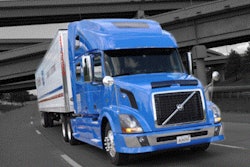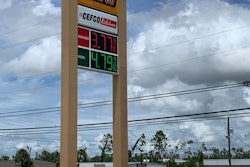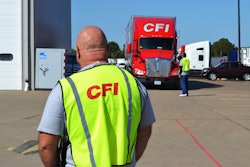People have a lot of advice for drivers and fleets when it comes to what they need to do to improve fuel economy.
One of the classics is telling drivers to slow down.
It is true, in theory, that if you drive more slowly you will get better fuel economy, but how that plays out in the real world doesn't always make sense. Consider this example: by driving slower the driver bumps up against his mandated 36-hour rest, but he is 25 miles short of his delivery location. Driving 2 mph faster would have gotten him to his destination within his legal hours of driving.
In general, drivers are unhappy about going slower because going slower means driving fewer miles, and for drivers who are paid by the mile that means less money. Fleets aren’t necessarily thrilled with lower speeds either because their overhead is nearly the same, but their revenue may be less because of fewer deliveries.
That is not to say that I don’t think speed should be a factor when it comes to fuel economy. I just don't think we can assume that trucks aren’t efficient when they are going 70 mph. In fact, higher speed can equal higher fuel savings and a faster ROI for things like aerodynamic devices. A device that saves 5 gallons per 1,000 miles at 60 mph may save 6 gallons/1,000 miles at 70 mph. The truck uses more fuel at 70 so, yes, it is best to drive slowly. But if you are committed to that speed, you will also see higher fuel savings from aerodynamics and a faster ROI.
I think some fleets are reluctant to spec fuel economy technologies because there is a tradeoff in other areas. Those of us who preach the fuel economy gospel must ensure we are framing fuel efficiency technologies correctly. We need to let fleets know the benefits of the technology, but we also need to let them know what the tradeoffs are. This allows them to make better decisions and likely will result in them being happier with the technology in which they invested because they will have a realistic understanding of what they are trading. In some cases, the tradeoff will be worth it; in others it won’t be.
There are, however, certain things that will have less of an impact on operations while still saving fuel. Aerodynamic mud flaps and upgraded axle oil are two that come to mind. Both of those items not only save fuel, but they also have a positive impact on maintenance. The caveat about aerodynamic mud flaps is that you must choose the right ones, because some lower quality brands have created issues for some fleets.










